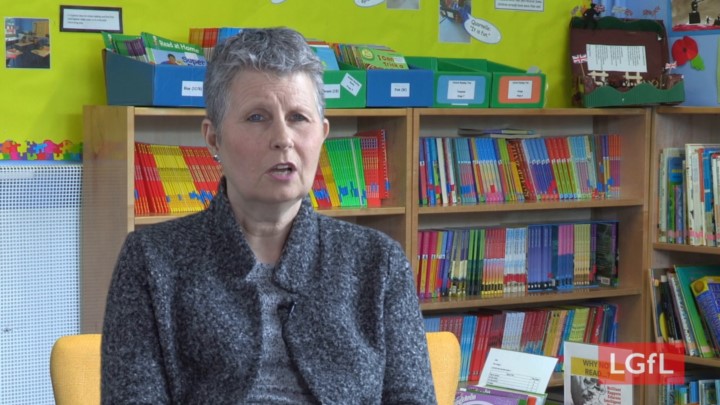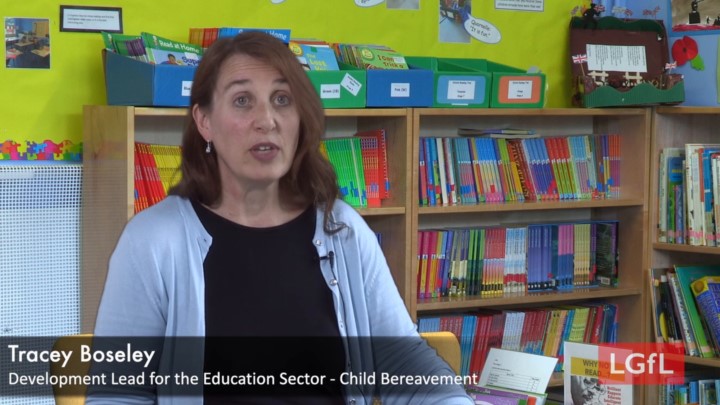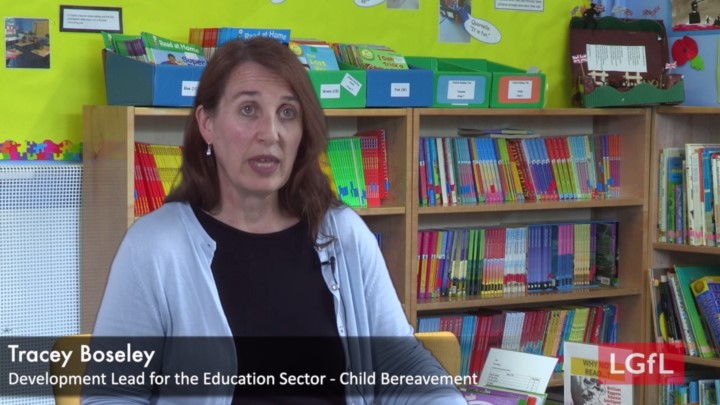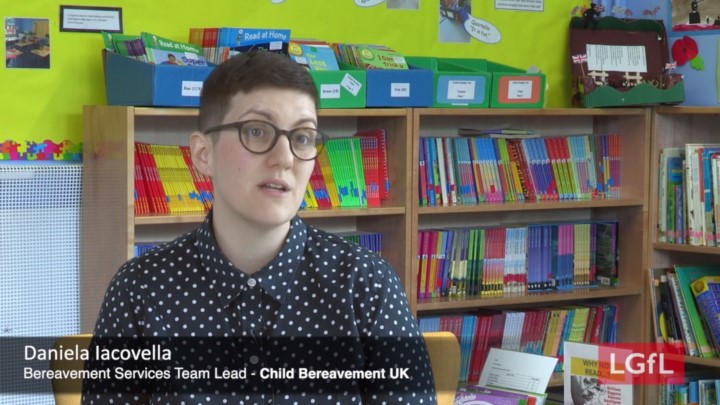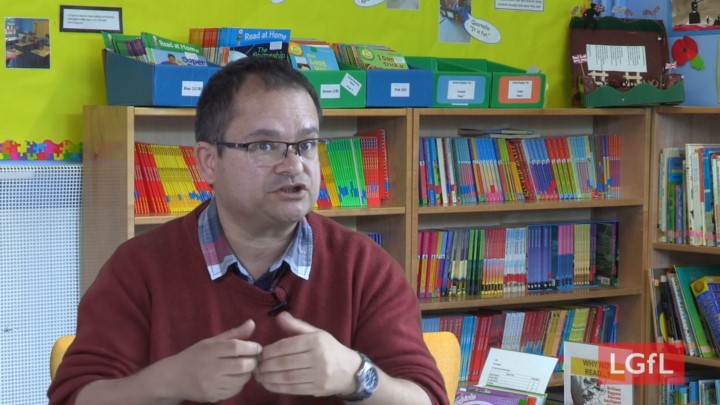Why is good communication essential?

Life can feel very out of control for a pupil who is grieving, and school can offer a normality which may be missing at home.
What can school do to help?
- Offer simple choices and allow a bereaved pupil to express their opinions in school; this will give them the chance to take some control over at least one aspect of their life.
- Keep them informed about lessons or situations which may affect them and offer alternatives where possible.
- Talk to the pupil to find out what they need; this will help them to feel cared for and supported.
- Although they may choose a particular trusted and supportive adult in school, make sure other members of staff talk to the pupil to prevent a bereaved pupil becoming too dependent on just one adult in school.
- Rather than asking how they are, more specific questions may be easier for a bereaved pupil to answer and give a better insight into how they are coping.
- How are you managing your studies/homework?
- How are things at home?
- How are you getting on with your friends?
- Are your friends being supportive?
- Is there anything else we can help with in school?

Supporting Content

Having good contact with the family will enable you to:
- access accurate information
- understand what the pupil has been told
- reassure those caring for the young person
It is important to respect the language and beliefs of the family and carers, whilst communicating honestly and clearly using the appropriate vocabulary for death.
Remember to share successes at school as well as any concerns you may have. This could be achieved through a home/school diary or regular meetings, telephone calls or emails between home and school.
Grieving pupils may display altered behaviours in different situations. Good communication with home will provide a more realistic picture of how the young person is coping.
“A bereaved pupil… might behave differently at home and at school.”
Supporting Content

Ask a bereaved pupil how they want to share their news with their peers. Some prefer to do this themselves, while others find it easier if a teacher has let their class/tutor group/year group know before they return to school. Who is told, how and by whom will depend on the wishes of the bereaved pupil, as well as the size and structure of the school.
The bereavement will affect other pupils:
- They may feel vulnerable and insecure, asking questions about death and mortality. Answer questions as honestly as possible without compromising the privacy of the family; it is OK when we do not have the answers. You might say, “I’m afraid I do not know the answer to that,” or “I will let you know if I get more information.”
- Many pupils do not know what to say or do around a bereaved friend. Offer simple suggestions as to what they could say and how they might help their friend.
News spreads rapidly on social media and this can lead to rumours and misinformation. It is important to explain the facts to pupils and to remind them of the distress that can be caused when there is speculation and “gossip”.
“It can be just little things that a teacher or adult in school could say to help them.”
Supporting Content

It is important to have procedures in place to inform all staff when a pupil has been bereaved.
- This minimises the chance of awkward situations and members of staff saying or doing something insensitive.
- Having a consistent approach to homework, deadlines and participation in class will help a pupil feel more secure.
- Bereaved pupils want to be treated normally but with some flexibility. Good communication throughout the school will help to achieve this.
- It can be very helpful for those responsible for pastoral care to send reminders to other staff members of important dates for the pupil, and any significant changes or issues at home or school.

Supporting Content

It is important to be mindful of the wider school community when considering the support in place for a bereaved pupil.
Visitors can unwittingly upset a bereaved pupil by the content or vocabulary used with the class.
Where possible, inform visitors, peripatetic teachers, supply teachers about the bereavement, this will reduce the likelihood of upset. Be aware of the vulnerability of bereaved pupils outside their ‘normal’ routines.
“We have a responsibility to ensure that people are mindful of children who are grieving.”
Supporting Content

